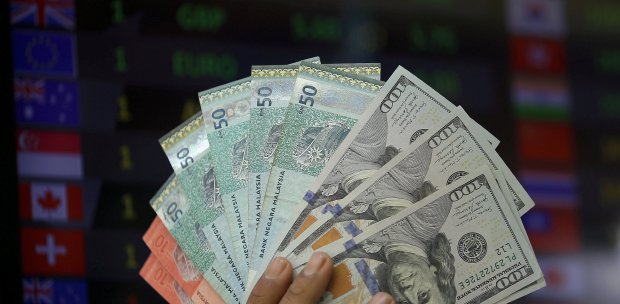KUALA LUMPUR: Inflation figures for 2024 will be highly dependent on the implementation of domestic policies such as price controls and targeted fuel subsidies, as well as the fluctuation of the ringgit.
Bank Negara Malaysia (BNM) governor Datuk Shaik Abdul Rasheed Abdul Ghaffour said the overall impact to inflation would be dependent on the magnitude and timing of fuel price adjustments, as well as any additional mitigating measures such as targeted cash transfers.
He said subsidy rationalisation will have a temporary effect on inflation and thus do not necessitate monetary policy intervention.
Abudl Rasheed said the central bank views monetary policy as a "blunt tool" mainly addressing the demand side of the economy.
"Nevertheless, we will remain vigilant and continue to look at the data, whether there is an anchoring of inflation or demand pressures. "Only such situations will require monetary policy interventions," he said.
Abdul Rasheed said externally, continued pressures from the exchange rate and risks to global commodity prices could fuel additional cost-push inflation.
"Nonetheless, weaker-than-expected global growth conditions could lead to more subdued global commodity prices, which would place downward pressure on domestic inflation," he said in a press conference in conjunction with BNM's flagship publications today.
Abdul Rasheed said headline inflation moderated to 2.5 per cent in 2023 from 3.3 per cent in 2022, as cost conditions eased and domestic demand stabilised. He noted that underlying inflation, as measured by core inflation, also began to trend lower in the second half of 2023. "This downtrend was also observed across a range of alternative measures of underlying inflation, affirming that the disinflation was broad-based across the consumer price index (CPI) basket," he said.
For 2024, Abdul Rasheed said BNM projects inflation to average between 2.0 per cent and 3.5 per cent in 2024.
He said the wider forecast range accounts for some upside impact on inflation from the implementation of subsidy rationalisation.
He noted that core inflation is also expected to remain moderate in 2024, averaging between 2.0 per cent and 3.0 per cent for the year, broadly reflecting stable demand conditions and contained cost pressures.
Meanwhile, Abdul Rasheed said for 2024, monetary policy remains focused on maintaining price stability to facilitate sustainable economic growth.
He added that monetary policy will continue to be forward-looking, and informed by the Monetary Policy Committee's (MPC) assessment of the prospects of domestic inflation and growth.
"Our baseline forecast is for Malaysia's growth to improve and inflation to remain moderate. "This provides an appropriate environment for implementing key structural policies that are needed to further enhance Malaysia's growth potential and prospects."The effects of these policies, including the subsidy rationalisation, will be assessed to discern the short-to-medium term impact on domestic inflation and growth," he said.
Beyond domestic policies, Abdul Rasheed said the MPC is also mindful of other potential risks to domestic inflation and growth prospects, including from global factors.
He added that monetary policy decisions will remain guided by the MPC's assessment of the balance of risks to domestic inflation and economic growth outlook."Amid the evolving economic landscape, our monetary policy approach going forward will continue to be data-driven. "The MPC remains vigilant to ongoing developments, and their implications to Malaysia's inflation and growth outlook," he noted.





